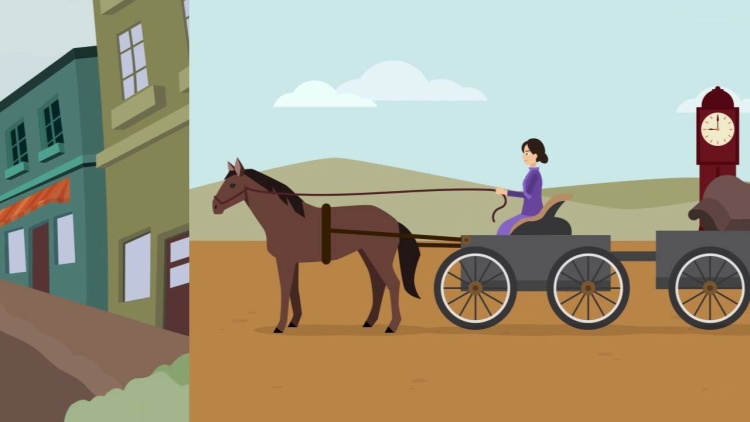Brooks v. State
Ohio Supreme Court
35 Ohio St. 46 (1878)

- Written by Sara Rhee, JD
Facts
George Brooks (defendant) was convicted of larceny for taking $200 belonging to Charles B. Newton. Newton had visited the city of Warren, where Brooks worked. While there, Newton misplaced his $200. Despite a diligent search, Newton was unable to locate the money. Before leaving, he printed notice of his loss in three newspapers circulated in Warren. About one month later, Brooks found the money while working with several others. He immediately hid the money from his companions, and he did not tell anyone about his discovery. He quit his job that day, and he and his wife left Warren shortly afterwards. Brooks made a motion for a new trial, which the trial court denied.
Rule of Law
Issue
Holding and Reasoning (White, J.)
Dissent (Okey, J.)
What to do next…
Here's why 907,000 law students have relied on our case briefs:
- Written by law professors and practitioners, not other law students. 47,100 briefs, keyed to 996 casebooks. Top-notch customer support.
- The right amount of information, includes the facts, issues, rule of law, holding and reasoning, and any concurrences and dissents.
- Access in your classes, works on your mobile and tablet. Massive library of related video lessons and high quality multiple-choice questions.
- Easy to use, uniform format for every case brief. Written in plain English, not in legalese. Our briefs summarize and simplify; they don’t just repeat the court’s language.





